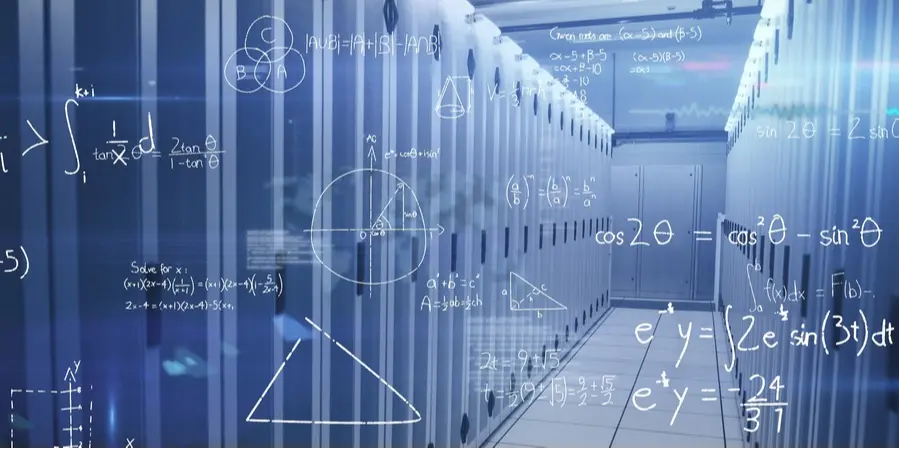Role of Mathematics in Data Science


Data science is an interdisciplinary field [1] that uses statistics, scientific computing, scientific methods, computational algorithms, and systems to extract useful insights from the structured, or unstructured data. Data science is evolving as one of the most promising and in-demand career paths. To meet this need of the hour, The Computer Science and Engineering Department, considered one of the best in North India has stepped towards inculcating the required skills in students to be future data scientists, data engineers, and business analysts [2].
Mathematics provides a foundation for understanding algorithms, analysing computational complexity, and designing efficient solutions. Mathematical concepts like logic, set theory, and discrete structures are fundamental to programming and problem-solving. Additionally, fields like graphics, cryptography, and artificial intelligence heavily rely on mathematical principles. Overall, a strong mathematical background enhances the ability to tackle complex problems and innovate in the fields of computer science and engineering.
The following mathematical topics are important for data science graduates:
Linear Algebra: Linear algebra is fundamental for understanding and working with vectors, matrices, and tensors, which are prevalent in data manipulation and machine learning algorithms. Topics like matrix operations, eigenvalues, eigenvectors, and singular value decomposition are particularly important.
Calculus: Calculus provides the basis for understanding optimisation algorithms used in machine learning, such as gradient descent. Knowledge of derivatives and integrals is essential for understanding how these algorithms work and how to optimise model parameters.
Probability and Statistics: Probability theory and statistics are fundamental for data analysis and modelling uncertainty. Key concepts include probability distributions, hypothesis testing, confidence intervals, regression analysis, and Bayesian inference.
Optimisation: Optimisation techniques are used extensively in machine learning for model training and parameter tuning. Understanding optimisation algorithms like gradient descent, stochastic gradient descent, and convex optimisation is crucial for building and fine-tuning machine learning models.
Discrete Mathematics: Discrete mathematics provides the foundation for understanding algorithms and data structures, which are essential for efficient data manipulation and algorithm design. Topics like combinatorics, graph theory, and algorithms are relevant for data science applications.
Information Theory: Information theory provides insights into data compression, feature selection, and model complexity. Understanding concepts like entropy, mutual information, and coding theory can help in designing efficient data representation and processing techniques.
Numerical Methods: Numerical methods are used for solving mathematical problems numerically, which is common in data analysis and machine learning. Knowledge of techniques like interpolation, numerical integration, and root-finding algorithms is beneficial for implementing and optimising algorithms.
By mastering these mathematical topics, data science graduates can effectively analyse data, build predictive models, and derive insights to solve real-world problems in various domains.
Authored By
Dr. Shaveta Arora
Associate Professor
Department of Computer Science & Engineering, NCU
References
[1] Dhar, V. (2013). “Data science and prediction”. Communications of the ACM. 56 (12): 64–73.
[2] https://www.ncuindia.edu/programme/b-tech-cse-with-specialization-in-data-science/
[3] Baldwin, Douglas, Henry M. Walker, and Peter B. Henderson. “The roles of mathematics in computer science.” Acm Inroads 4.4 (2013): 74-80.
